My Life in Japan as an Openly Gay Foreigner
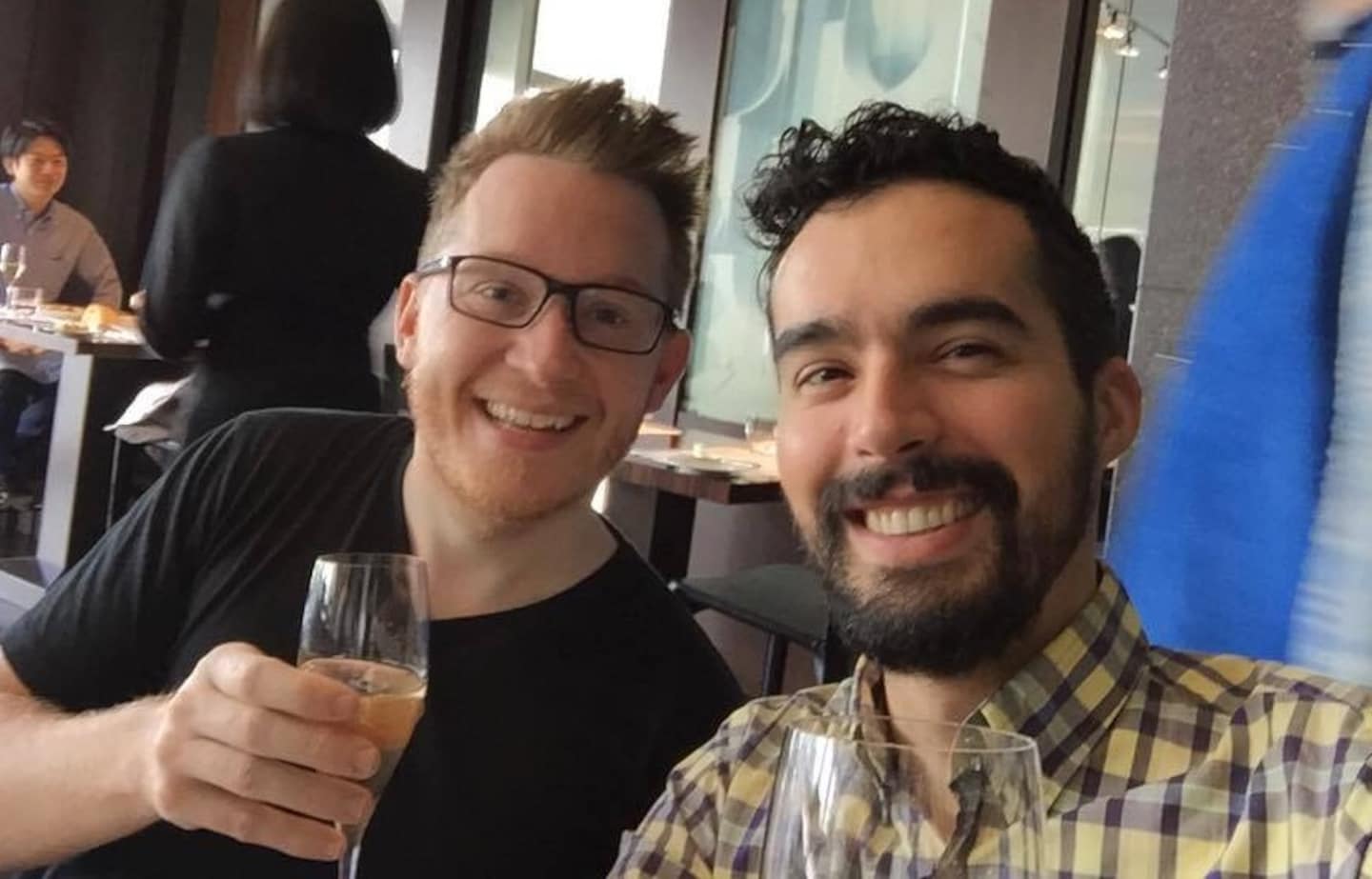
Paradoxically, Japan has anti-discrimination laws and yet a majority of residents who identify as LGBT choose to remain in the closet. We had an opportunity to speak with Elcid Betancourt, a lawyer living and working here in Tokyo, about his experience coming out in the workplace as well as living his daily life as an openly gay foreigner.
By AAJ Editorial TeamTell us about moving to Japan? Did you decide to come out?
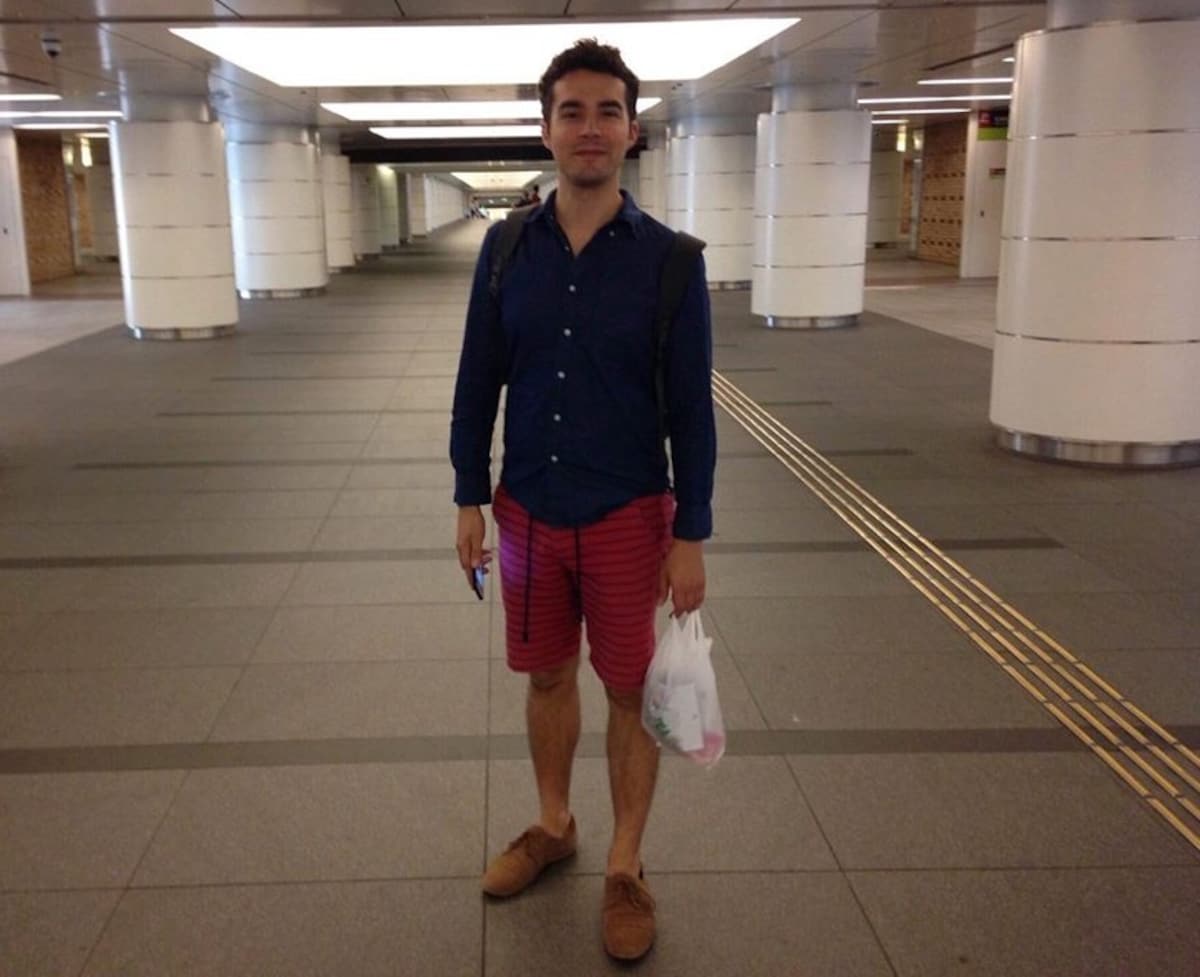
When I first moved to Japan, I lived in Tokushima Prefecture attending Tokushima University as an exchange student. I was staying in the student dorms located seven kilometers from the campus in a very rural part of Tokushima called Kitajima-cho. Basically, my balcony looked out onto rice paddies and mountains in the distance. It was really quite beautiful, yet, despite the generally kind locals, I felt I had to hide the fact that I was gay.
I was actually there with my then-boyfriend, and we certainly felt the need to go back into the closet for that year because of the “high profile” we had as two of only three foreign exchange students that year from the U.S. We had a great time and didn’t encounter anything that you might expect in similar rural areas of other countries, but the process of hiding our relationship was incredibly painful and made my time in Tokushima quite challenging.
How about now, as several years have passed?
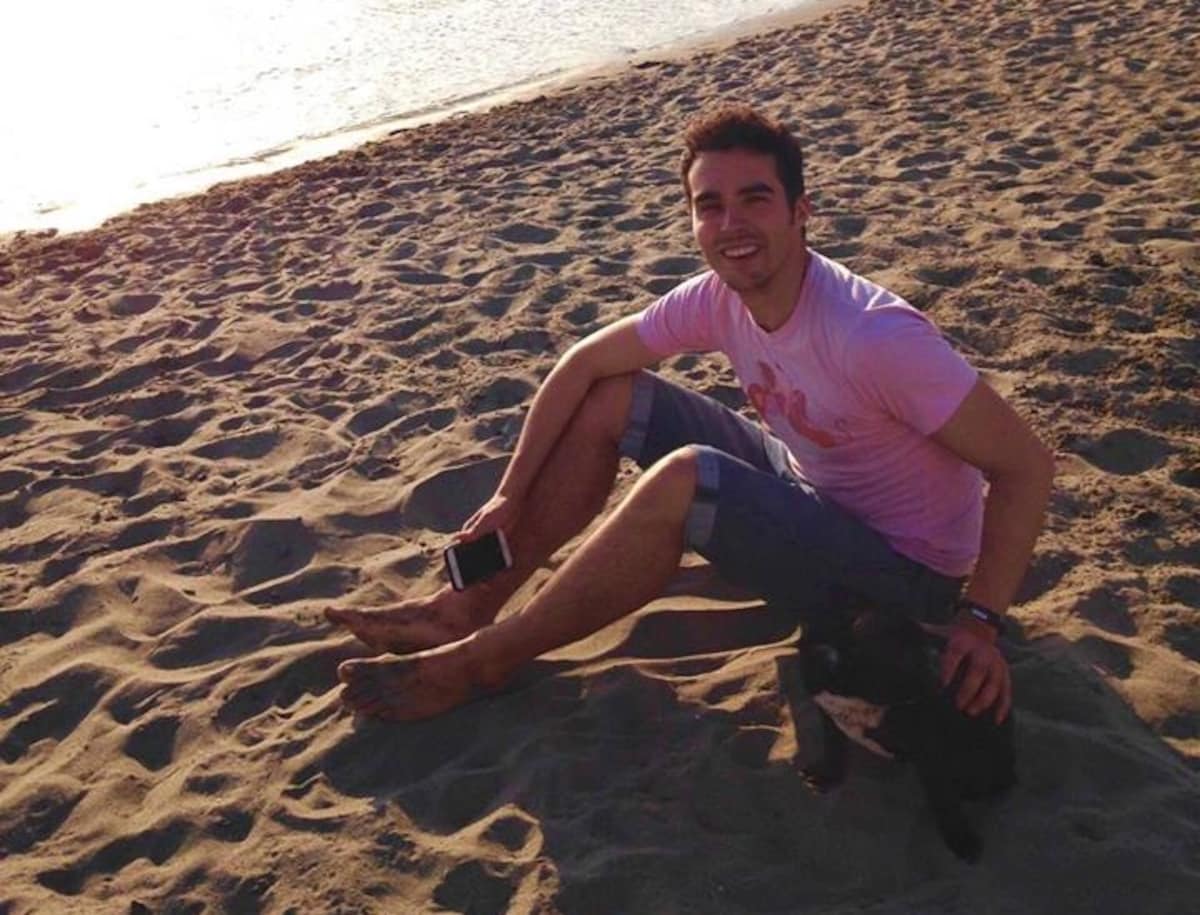
Almost ten years later, and living in Tokyo, I feel more mentally prepared to be out at work and with friends. When I moved to Tokyo, I promised myself that I wouldn’t hide and I wouldn’t bend to any societal pressure to keep my relationship a secret. At work, I openly speak about my partner and make references to gay culture and I feel like I can really be myself. Our office even got involved in creating an LGBTQ+ allies event that was really well attended. Being out at work, I never experienced any issues or animosity for being gay.
Do you think it's different because you're not Japanese?
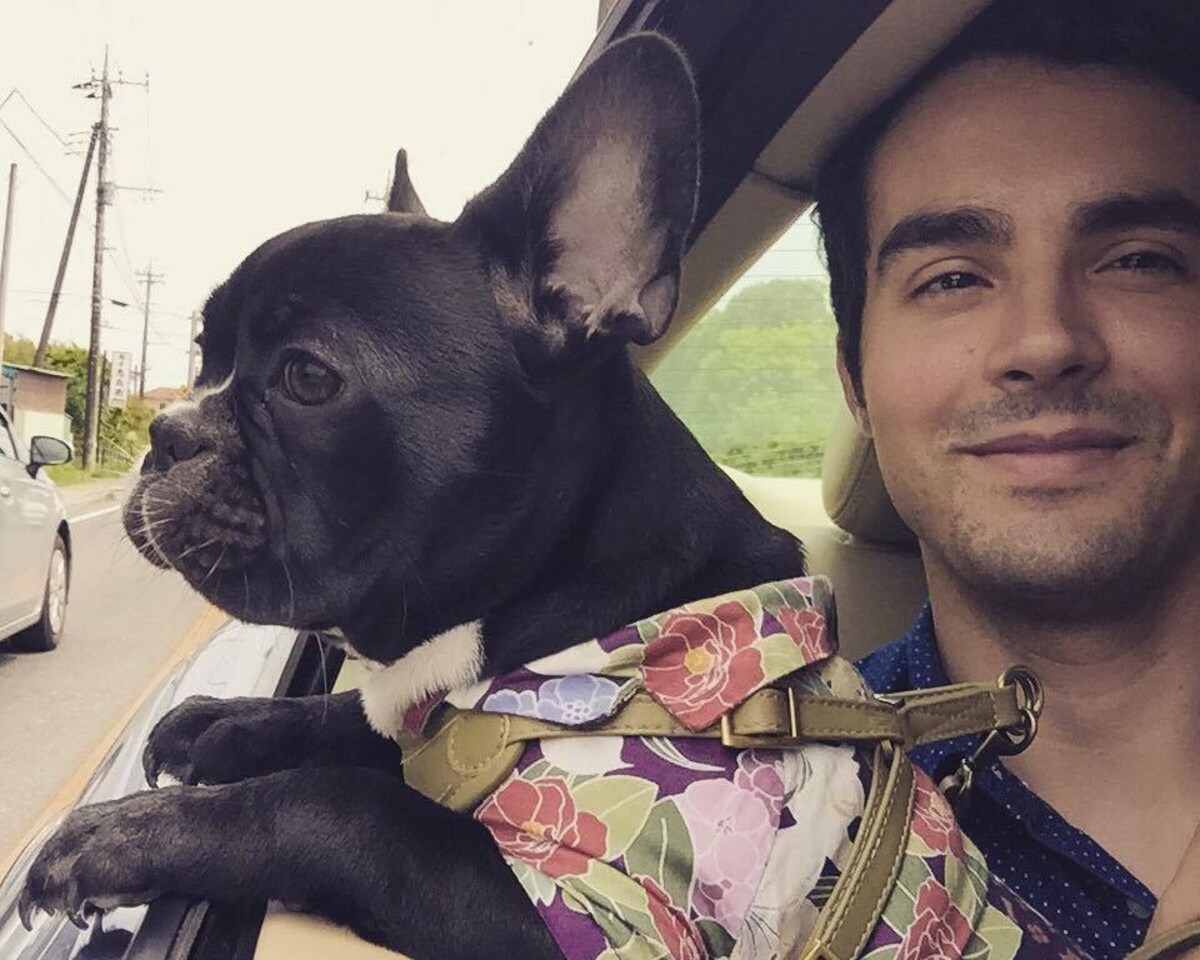
In a sense, I think as a foreigner here I get a kind of “free pass” sometimes with issues like this. Colleagues regularly ask me about my partner and invite us both to events. I feel, however, that these experiences would be very different if I were Japanese. As a foreigner, I feel like I have more freedom to be myself than some Japanese people may feel, and that seems incredibly unjust. That said, my work environment has been wildly supportive. If someone does have a problem with me for being gay, they haven’t mentioned it to me, and that suits me just fine.
What are some of the issues you've faced here in Japan?
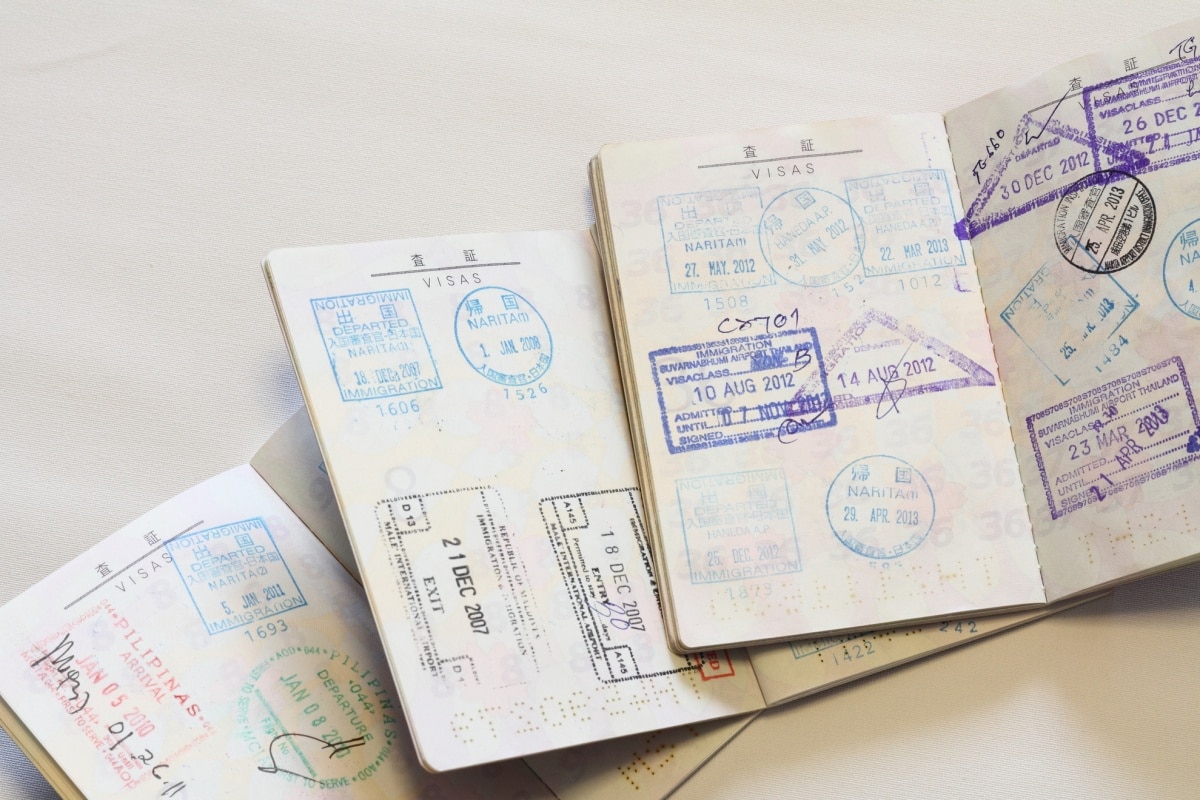
One issue that has affected us quite a lot is immigration, with regulations that, for the most part, don’t recognize same-sex relationships for the purposes of visa support. My partner needs to either come as a tourist every three months, become a student or teach English. He’s a mid-weight graphic designer so, I don’t think going back to school or teaching English will be really appealing. As such, it's like we can’t stay in Japan for too long as a gay couple. Unless the laws change, we won’t be recognized in any meaningful way so as to protect our interests (financial or otherwise). It has been difficult coming to terms with this because I do love this country very much.
And how does society see you in general?
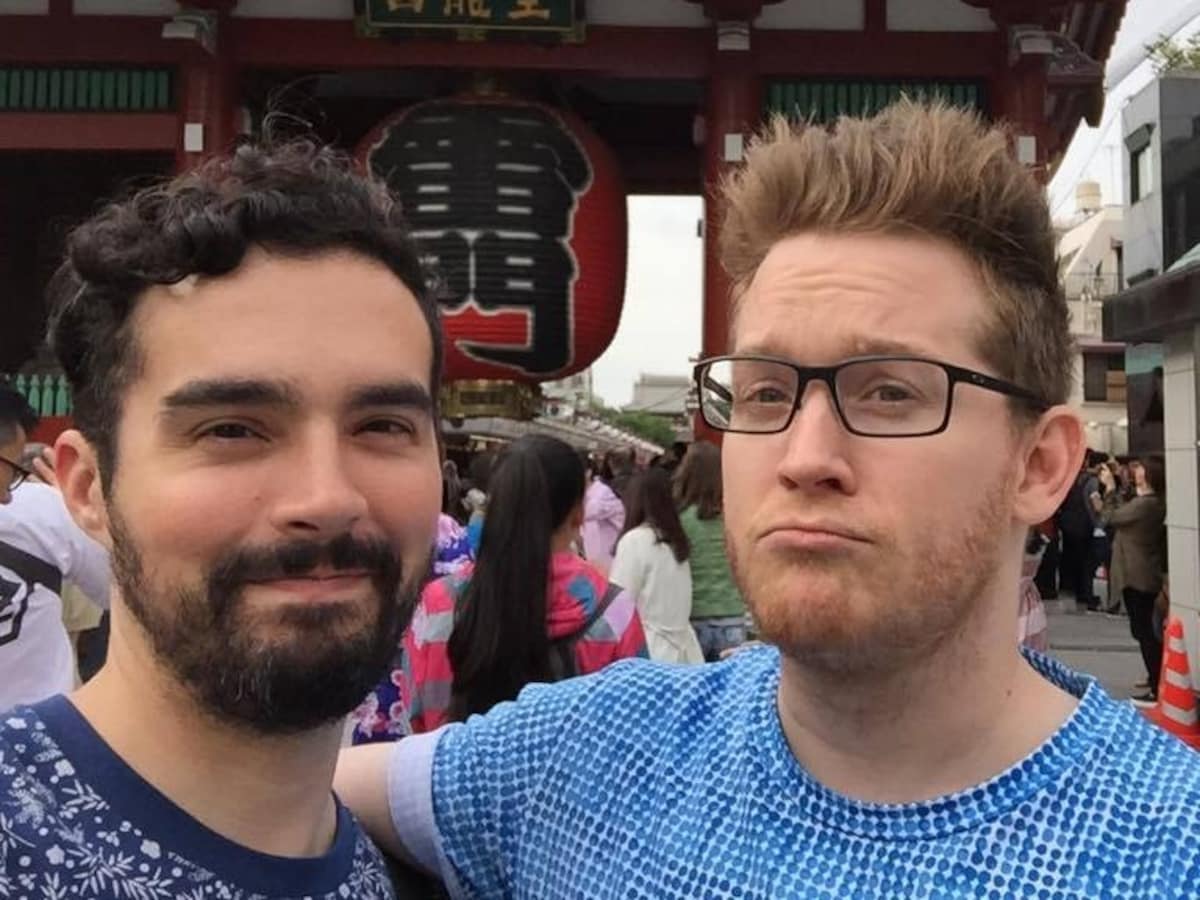
I have had a strange experience where I was denied entry into a hotel once with my partner in Osaka (and that really shook me), but the predominant day-to-day experience is fine. Without thinking one day, I kissed my partner goodbye at the train station (something I actually was afraid to do back in the U.S.) and it didn’t hit me until afterwards that the only reason I did that naturally was because I felt so comfortable. Even if someone watching us has a problem with it, they’ll likely not say anything—which is perfect. All we can do is just be ourselves and try to be an example for others, show that the world doesn’t end every time we kiss.
I hate having to carry that flag, but countless others have carried heavier burdens before us so we could have the rights we do have today.



